The professor followed the Revolution, changing the fate of thousands of leprosy patients ( Video : Doan Thuy).
Leprosy is a chronic infectious disease caused by the bacterium Mycobacterium leprae, primarily affecting the skin, peripheral nerves, eyes, and respiratory tract mucosa.
There was a time when leprosy was seen as a terrible "death sentence".
“No disease has ever caused people to be so shunned,” the book “Dang Vu Hy - Life and Career” published by Hanoi Medical University in 2009, recorded the fate of leprosy patients at a time when it was still classified as one of the “four incurable diseases.”
The most terrible thing is not the disease, but the consequences it leaves behind.
On the patient's body, the skin is patchy, the face is deformed. Some people have missing fingers, some have cramped hands and feet.
Lepers not only suffered physical pain, but were also deprived of the right to exist as normal human beings: they were driven away from their families, hidden in remote areas, living alone as if they had been erased from society.
In the early years after the successful end of the resistance war against French colonialism, the health care system in the North was still young. At that time, only a few severe leprosy patients were treated in leprosariums.
The remaining thousands of people still wander the streets, surviving by begging. The image of people with deformed bodies, dragging themselves around the market alleys, makes people feel uneasy.
During the days when many people turned their backs on leprosy patients, there was a doctor who continued to go against the majority, contributing his efforts to the mission of saving the lives of those who were “living a miserable life” because of the disease. He was Professor, Doctor Dang Vu Hy (1910-1972).
The book "Dang Vu Hy - Life and Career" recorded many stories in the memories of his relatives and students.
Going back in history to the early 20th century, Professor Dang Vu Hy was born in 1910 in Nam Dinh, graduated as a Dermatology resident in Paris in 1937, and was the first Vietnamese doctor recruited at Saint-Lazare Hospital.
Returning home, he was invited to be the Chief Physician of Dong Trieu Coal Mine Hospital, but he gave up to open a private clinic due to his dissatisfaction with the harsh colonial regime.
When the August Revolution broke out, he gave up everything, closed his clinic and joined the Revolution. He taught at the Hanoi University of Medicine and Pharmacy at the invitation of Professor Ho Dac Di, and also directly treated at Don Thuy Hospital (now the campus of Hospital 108 and Friendship).
When the national resistance war broke out, he joined the nation in entering a long and arduous struggle until the day of complete victory.
With his expertise in dermatology, he was especially interested in leprosy patients. Not afraid of infection, he traveled all the way to Quynh Lap, Van Mon, Qua Cam, Phu Binh, and Song Ma.
He not only examined and prescribed medicine, but also talked, shook hands, and touched the body full of sequelae, to change society's view: "Leprosy is not as scary as people think."
In the heart of the capital, memories of her father, the doctor, remain intact in the house of Professor, Dr. Dang Thi Kim Chi - daughter of the late Professor, Dr. Dang Vu Hy.
As the youngest daughter of Professor Hy, despite her old age, she still continues her scientific research work and maintains the simple lifestyle that her father taught her.
Meeting us one afternoon in August, she placed on the table some of her father's mementos - pictures imprinted with the traces of time and stories that have never faded from her memory.
When she was a high school student, Professor Dang Thi Kim Chi often searched for her father's documents to read.
One day, she pulled out a collection of essays. On the cover, neatly written words appeared: “The image of the miserable in “Les Miserables” by Victor Hugo.”
“The dedicated subject line made me pause for a long time,” she recalled.
Handwritten inscription: "Respectfully dedicated to Professor Dang Vu Hy, the beloved doctor who brought me back to life and gave me good faith in humanity."
She said that the student had a difficult-to-cure skin disease and was shunned by his friends to the point that he thought he would have to drop out of school and go to a leper colony. When he met Professor Hy, the young student was encouraged and treated, gradually recovered, and returned to school.
Just because he was suspected of having leprosy, the student suffered such great discrimination, one can somewhat imagine the pressure that leprosy patients had to endure at that time.
“I grew up with memories of my father like that,” said Professor Dang Thi Kim Chi.
When she recalled, her voice seemed to be mixed with old childhood memories: "Every time my father returned from the leper colony, he often brought with him a whole world of miserable people."
“When I was young, my father often told me that every time he returned to the leprosy camps, he would shake hands with patients he had known for a long time, chat with them, and eat with them. Even though the camp had prepared a grand reception for him,” Professor Chi recalled.
The late professor's daughter said that when she was young, she heard her father mention the trip to Quang Ninh many times.
At that time, Professor Hy heard that the duck herders here were all suffering from foot ulcers after many years of wading in the fields.
The doctor did not hesitate to roll up his pants, wear a tank top, and a conical hat, and wade through flooded fields where people with ulcers said they used to raise ducks there.
“My father told me that he had carefully recorded every detail. When he returned to the villagers’ house, he looked at the sores on the duck herders’ feet and compared them to the sores on his own feet.
“Later, from that experience, my father created a foot cream for duck herders, so they no longer had to suffer from constant sores,” she recounted.
Those stories, when she was young, she could not fully understand, but over the years they became deep memories, teaching her about kindness and patience.
Later, when she had the opportunity to visit Quy Hoa leprosarium - where her father's statue is now erected, Professor Dang Thi Kim Chi saw with her own eyes what her father had told her.
She met patients who had been cured of leprosy and quietly sold a few packets of incense and some small items.
They said that the disease was gone, but they could not return to their homeland. Because back home, the whole village was still afraid and did not accept people who had leprosy.
“So they asked to stay,” Professor Kim Chi said slowly, flipping through each photo with her father, as if she were replaying pieces of her memories.
Being cured does not mean being able to return to being a normal person in society.
Faced with the discrimination that weighs down their lives, many leprosy patients choose to stay in the camp, living alone for the rest of their lives.
Leprosy camps, which were once just places for treatment, gradually became a second home for leprosy patients. There, people who had shared the same fate relied on each other, got married, had children, and then formed the next generations.
In Professor Chi's memory, in addition to the stories she heard directly from her father, there are also memories she heard from her mother - Mrs. Pham Thi Thuc.
“My mother told me that once my father visited the leprosy camp. The patient there was so happy that he quickly grabbed a jackfruit to give as a gift. The boy who was with him saw this and immediately spread out a newspaper to support the jackfruit, afraid that my father would touch the patient's hand,” said Professor Chi.
But Professor Hy gently dismissed it: "No need."
“My father said he was willing to shake hands with lepers,” she said.
Potholed feet, bony fingers, and bleeding wounds that never heal are common images of people with leprosy, forgotten people.
But in the eyes of Professor Dang Vu Hy, they are not “outcasts”. As he told his students, recorded in the book “Dang Vu Hy - career and life”:
“War, poverty, and backwardness have created tens of thousands of leprosy patients. Now that the country has gained independence and is starting to rebuild, who will help them, if not our generation today?”
From that vision, with a heart filled with love and empathy for the humiliation of patients, Professor Hy proposed a policy: to build a separate surgical department for lepers, to research orthopedics and rehabilitation treatment.
In Vietnam, the incidence of leprosy has decreased sharply in recent decades. Detection and treatment of leprosy associated with primary health care, managed from inpatient to outpatient, has helped to gradually reduce the rate of disease, moving towards eradicating leprosy in each district and each province.
According to data from the 2023 National Dermatology Conference, all provinces and cities have been recognized as eliminating leprosy, with only sporadic cases.
The number of cases has decreased sharply over the years.
According to the above report, the whole country only detected over 400 new cases and managed about 8,000 leprosy patients, a decrease of more than 50% compared to the previous period thanks to timely treatment and management regimens, and prevention of infection in the community.
Today, thanks to the National Leprosy Control Program and support from the World Health Organization (WHO), leprosy can be completely cured.
Vietnam has achieved the World Health Organization (WHO) leprosy elimination criteria since 1995 with a prevalence rate of 0.9/10,000 population.
The WHO report in July 2025 also pointed out that Vietnam's goal is even more ambitious: aiming for no more transmission, no more disability, and no more stigma or discrimination against leprosy patients by 2030.
When following the correct regimen, the patient is completely cured and no longer able to spread the disease after a short period of treatment.
The circle of memories closes at its origin: from the warm handshake of Professor Dang Vu Hy bringing the leprosy patient back to the surprise of the villagers, and then continuing with the love and silent dedication of many generations of white coats today, sharing the same aspiration to eradicate leprosy from the community.
Content: Linh Chi, Minh Nhat
Photo: Thanh Dong
Video: Doan Thuy
Source: https://dantri.com.vn/suc-khoe/vi-giao-su-theo-cach-mang-thay-doi-so-phan-hang-nghin-benh-nhan-phong-20250830203647811.htm



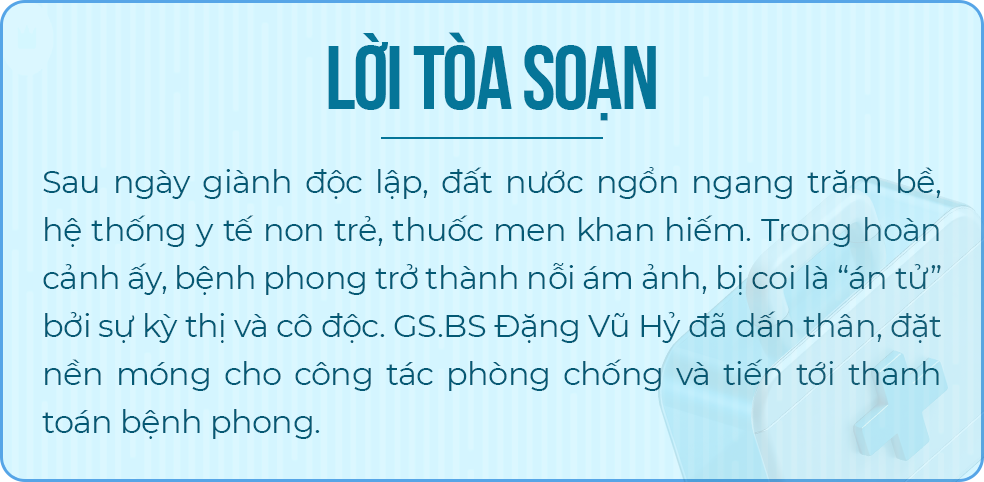

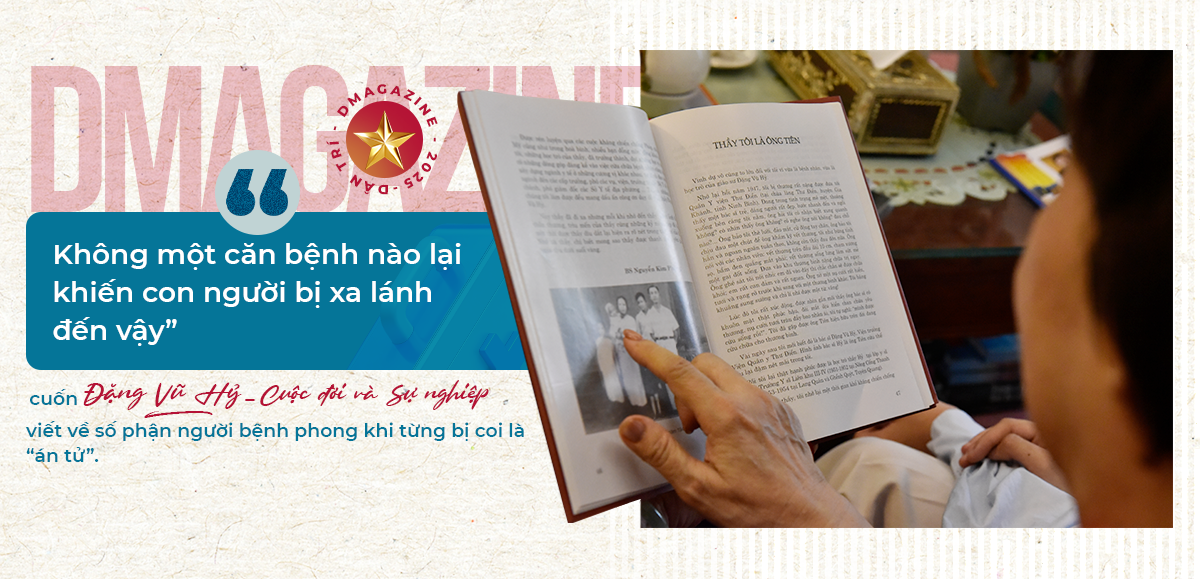

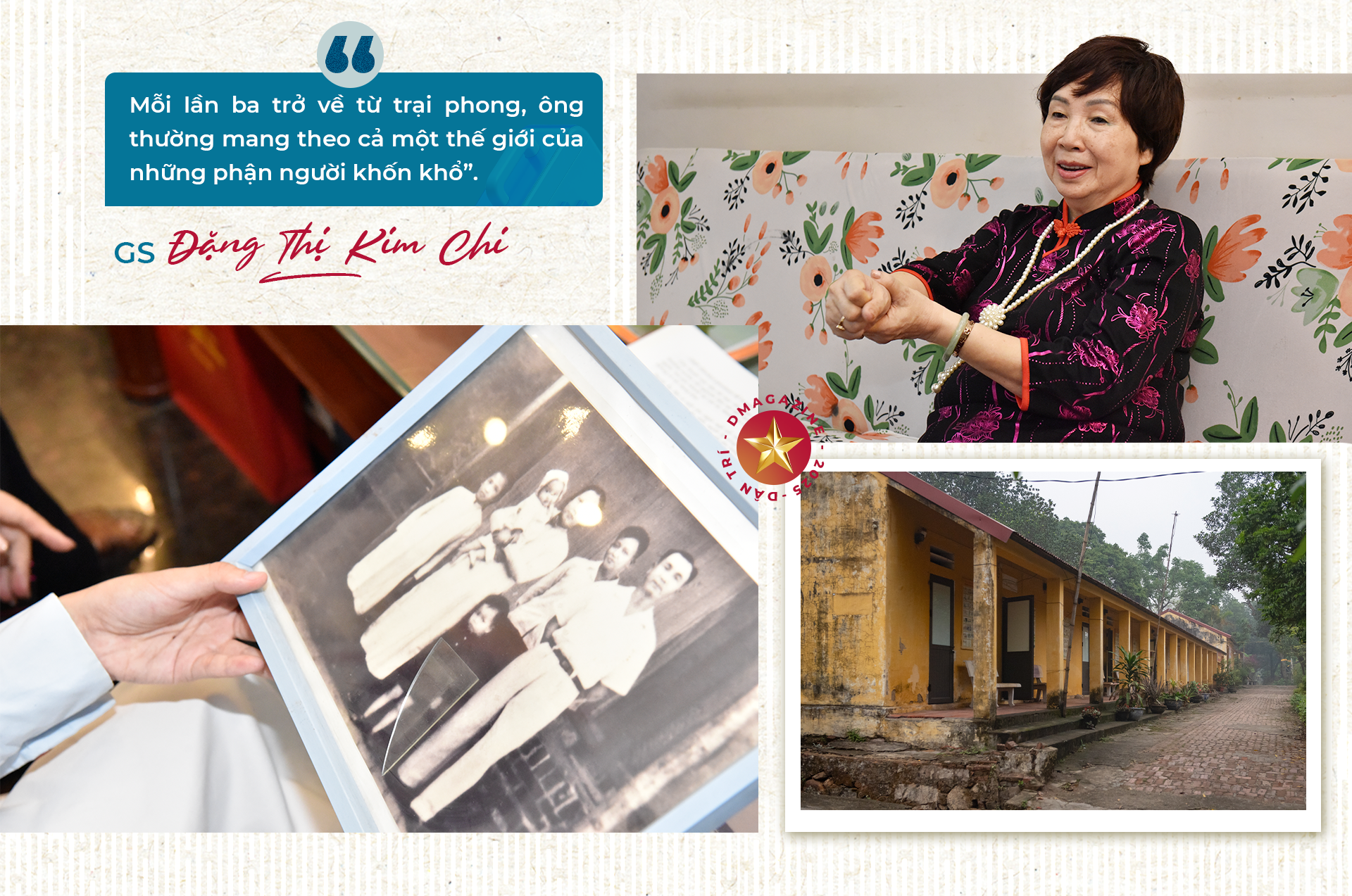
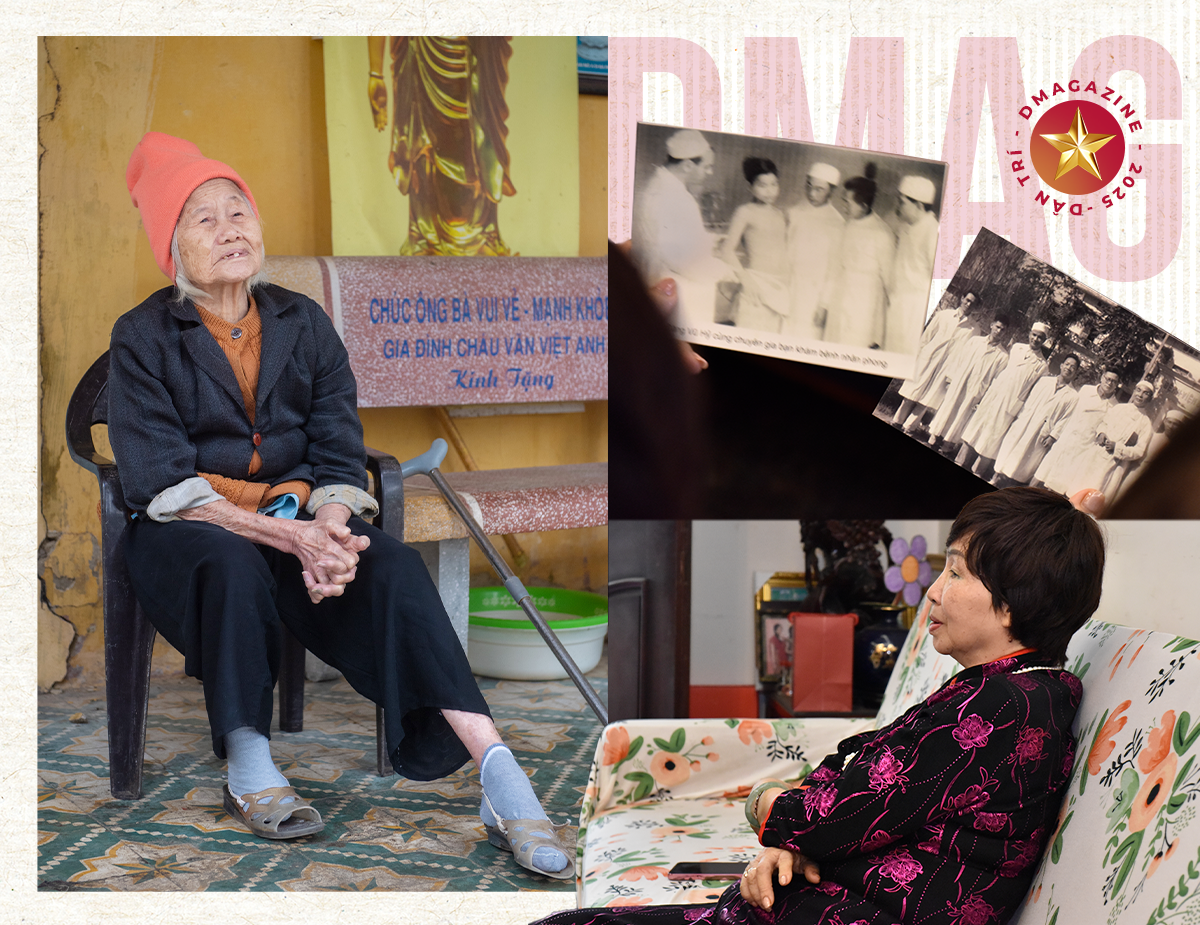
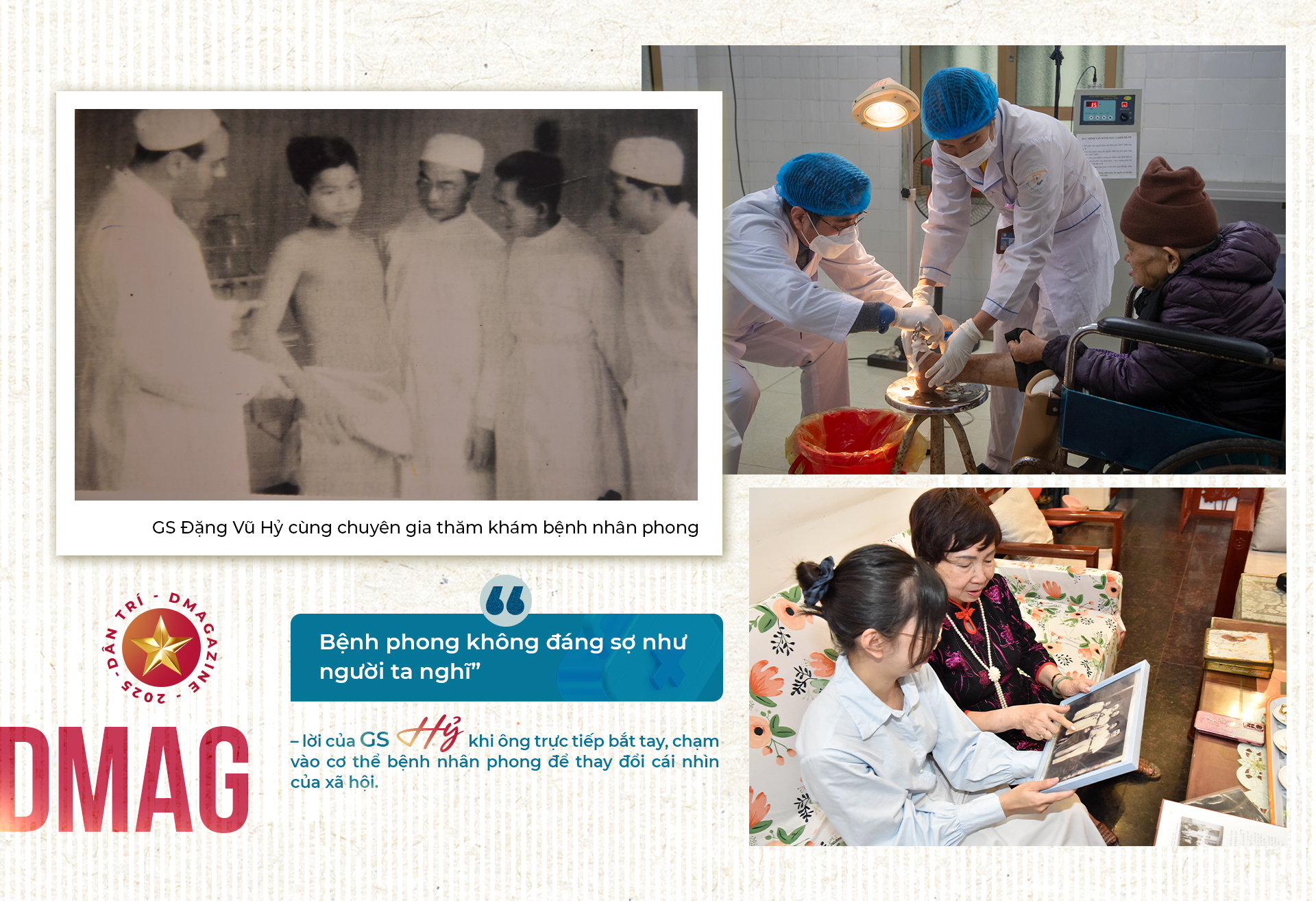
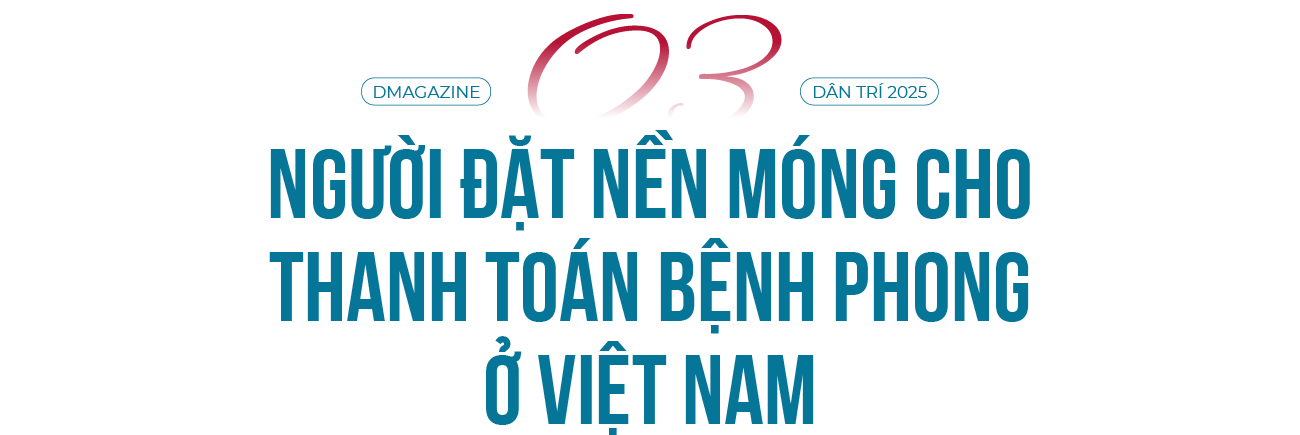
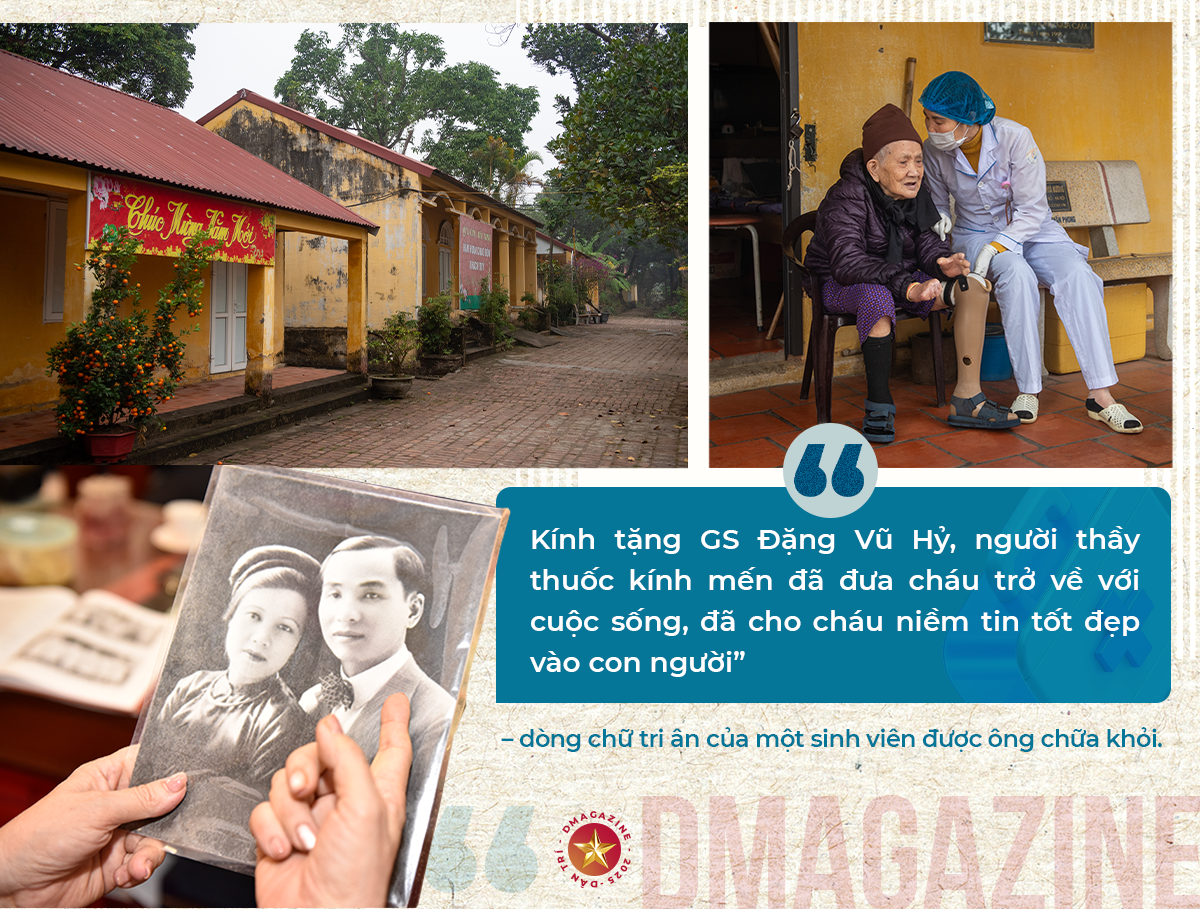

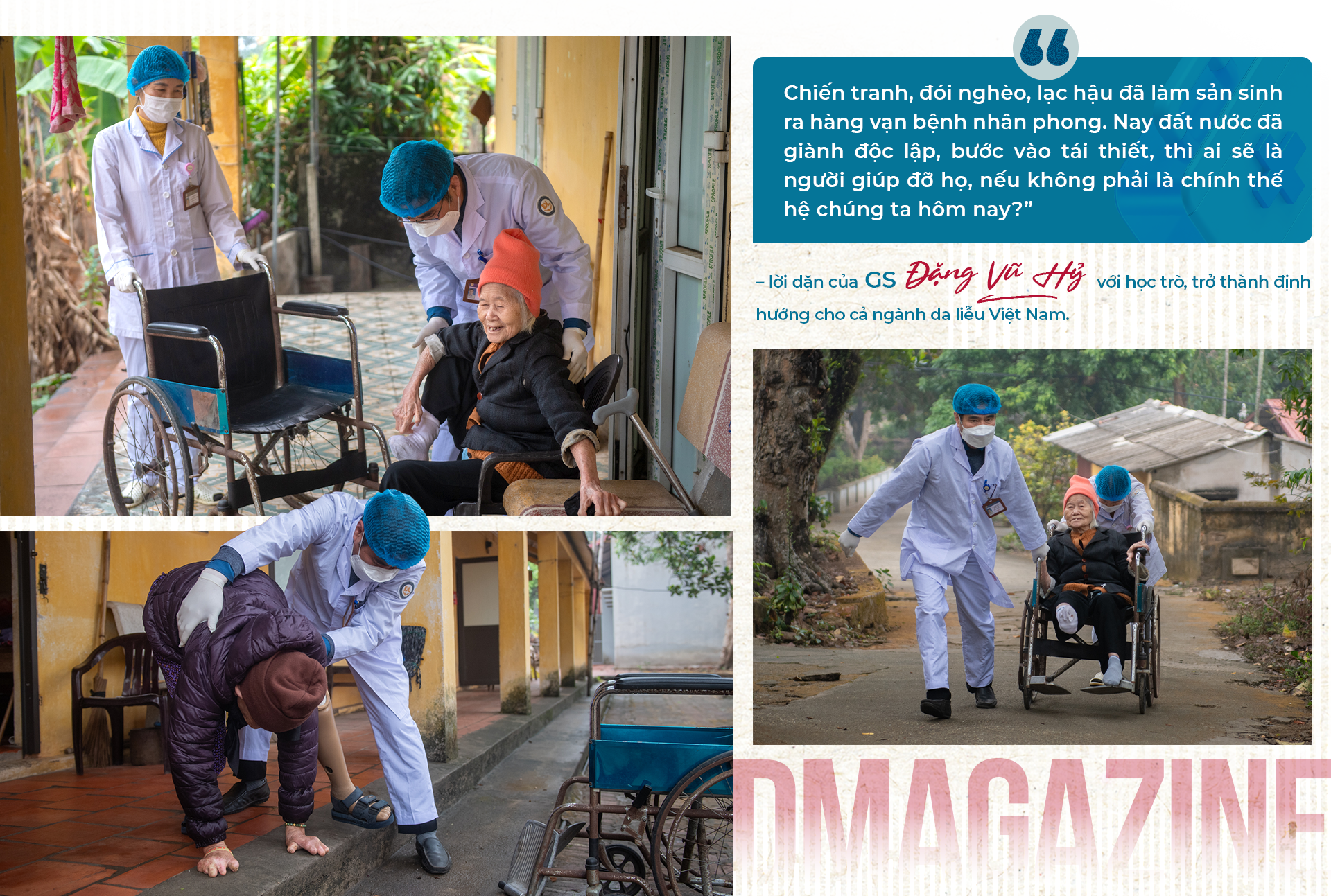
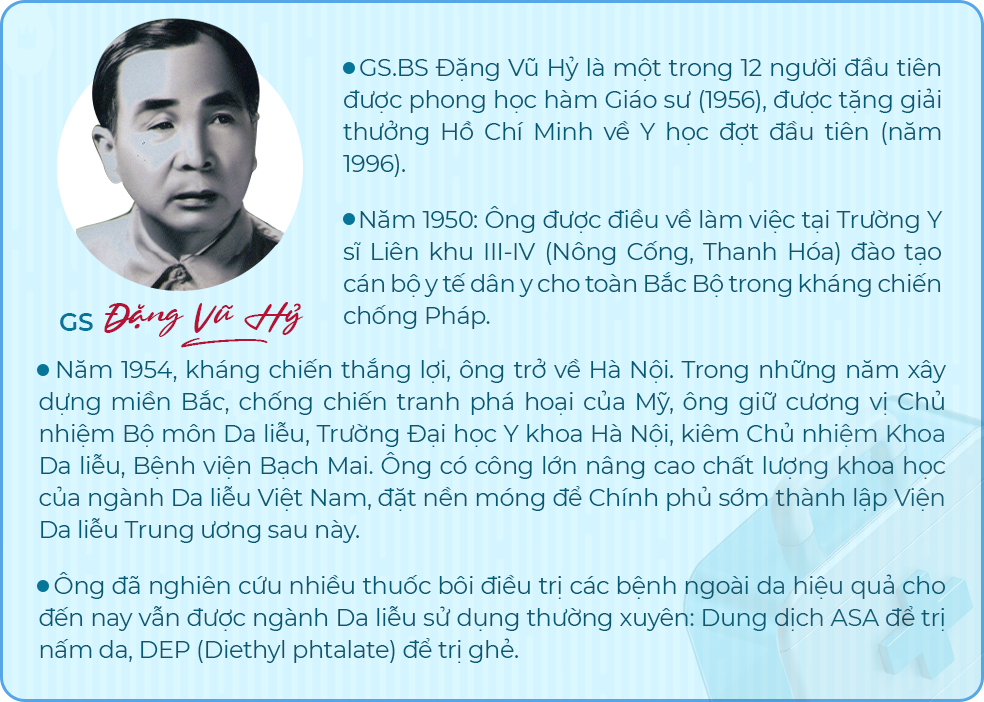
![[Photo] President Luong Cuong receives Chairman of the House of Representatives (Lower House) of the Republic of Belarus Igor Sergeyenko](https://vphoto.vietnam.vn/thumb/1200x675/vietnam/resource/IMAGE/2025/9/1/a67d61e41405410999a43db45a0ba29c)
![[Photo] General Secretary To Lam holds talks with First Secretary and President of the Republic of Cuba Miguel Diaz-Canel Bermudez](https://vphoto.vietnam.vn/thumb/1200x675/vietnam/resource/IMAGE/2025/9/1/a2eab2ee4e4a4a81a8c605e46055ab78)

![[Photo] General Secretary To Lam presides over the welcoming ceremony for First Secretary and President of Cuba Miguel Diaz-Canel Bermudez](https://vphoto.vietnam.vn/thumb/1200x675/vietnam/resource/IMAGE/2025/9/1/4f6ef5136b90463db3ebdd3d3d83ebe4)
![[Photo] Chairman of the National People's Congress of China Zhao Leji visits the Ho Chi Minh Mausoleum](https://vphoto.vietnam.vn/thumb/1200x675/vietnam/resource/IMAGE/2025/9/1/45b2a2744fa84d27a59515b2fe53b42a)
![[Photo] The first meeting of the Cooperation Committee between the National Assembly of Vietnam and the National People's Congress of China](https://vphoto.vietnam.vn/thumb/1200x675/vietnam/resource/IMAGE/2025/8/31/f5ed4def2e8f48e1a69b31464d355e12)
![[Update] Some localities of Thanh Hoa province have completed giving Independence Day gifts to the people.](https://vphoto.vietnam.vn/thumb/402x226/vietnam/resource/IMAGE/2025/9/1/437e1c5af65746dfb12ac97a314fbf4c)

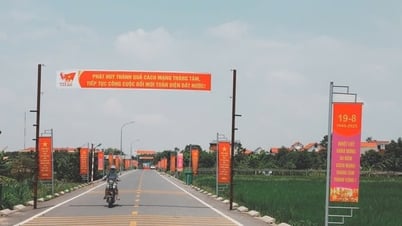


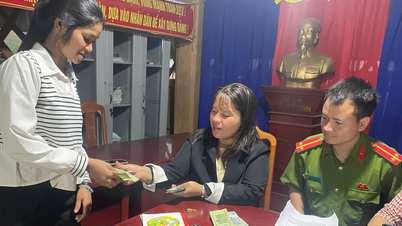

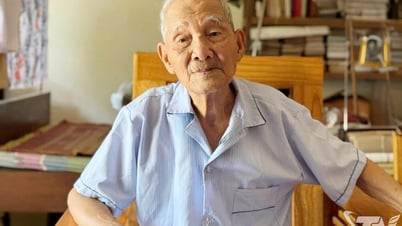





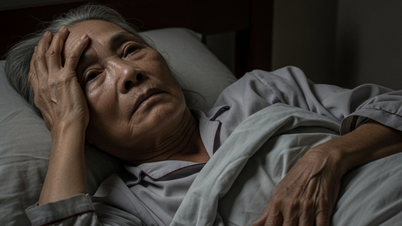


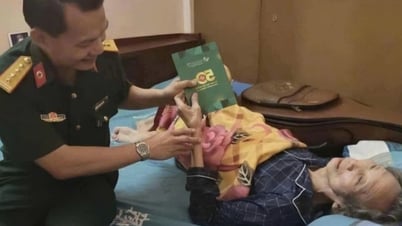

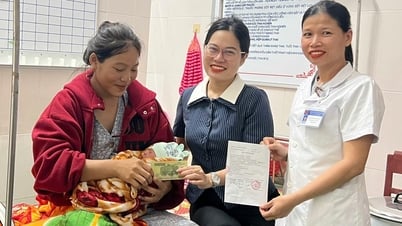





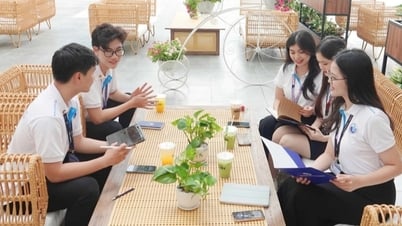




![[Photo] Marching together in the hearts of the people](https://vphoto.vietnam.vn/thumb/1200x675/vietnam/resource/IMAGE/2025/8/31/8b778f9202e54a60919734e6f1d938c3)
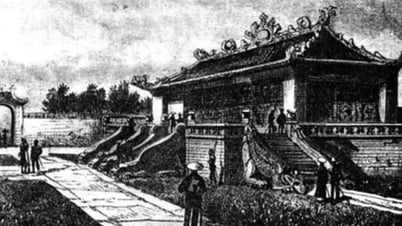
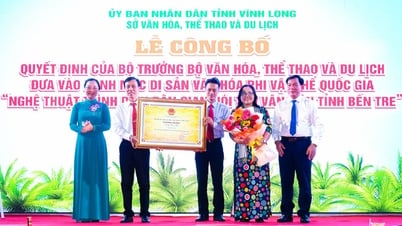

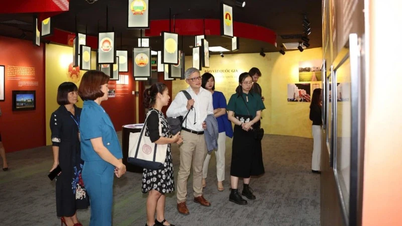






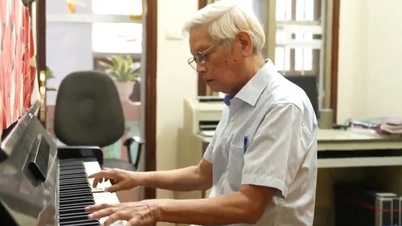
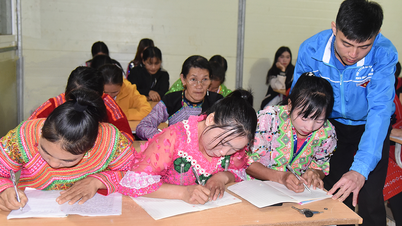

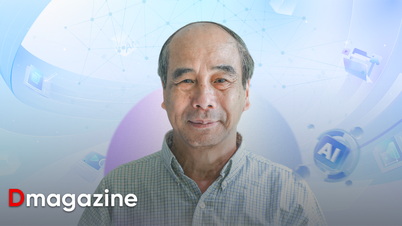

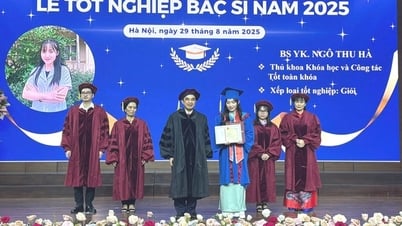








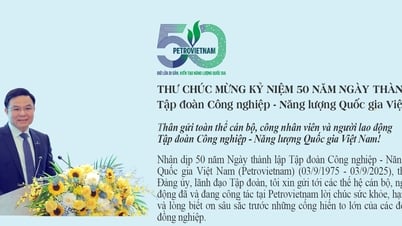





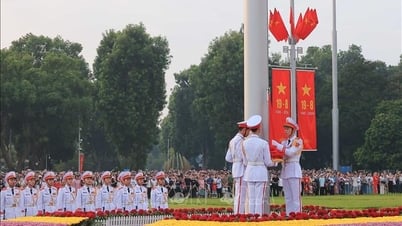

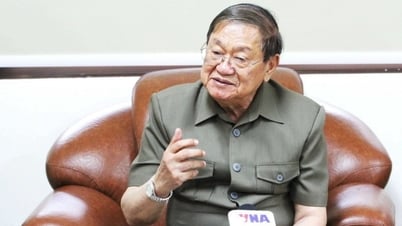



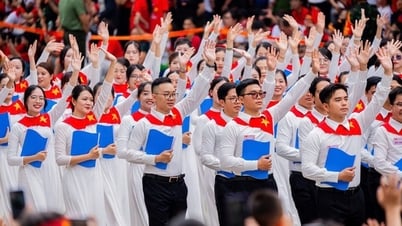
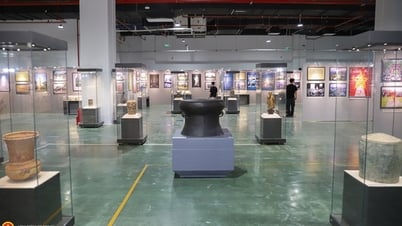




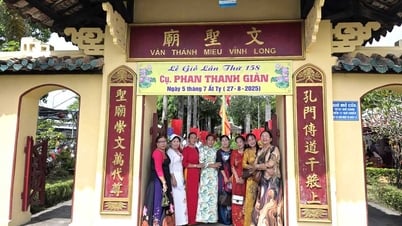



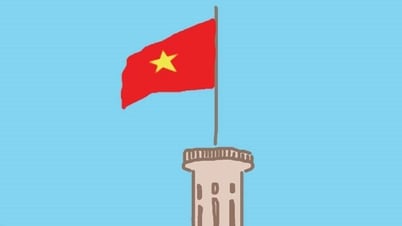

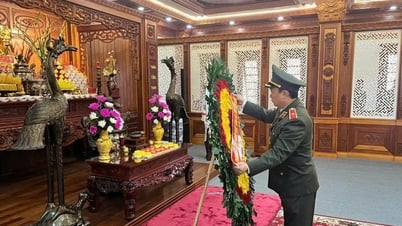

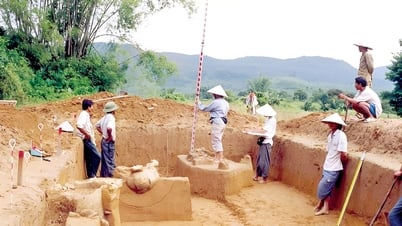

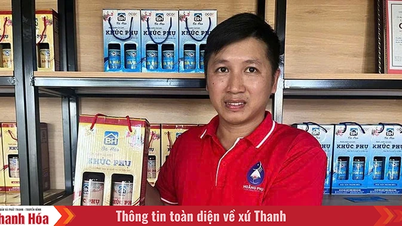

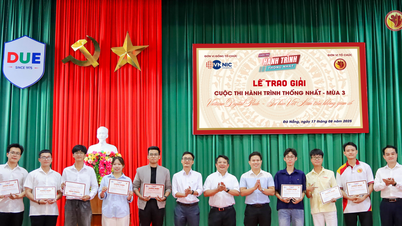


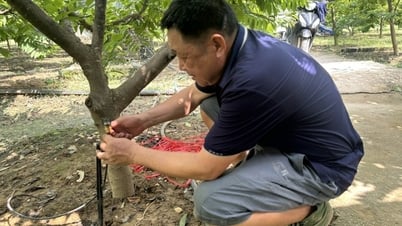
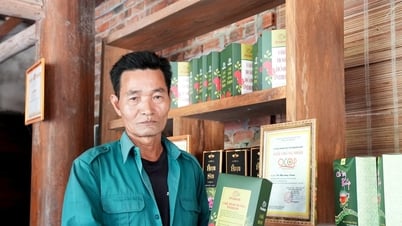





Comment (0)